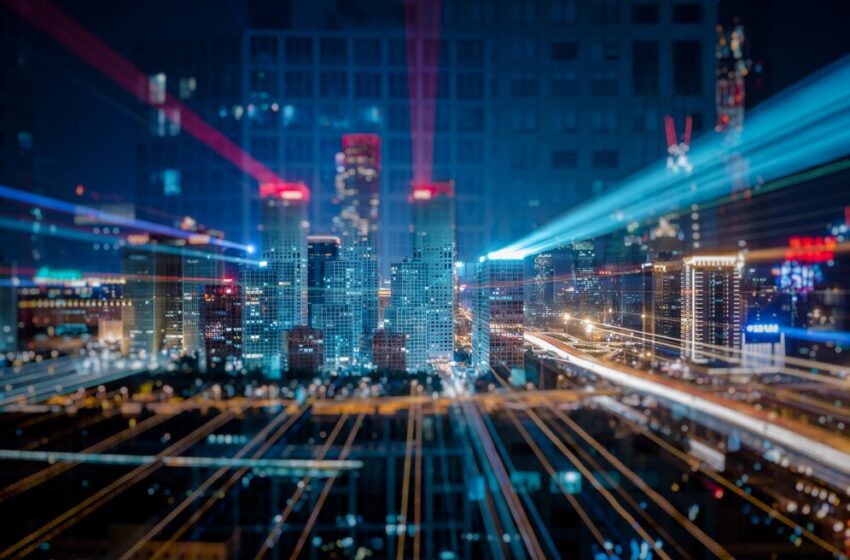
Smart Cities: Integrating IoT, AI, and Big Data for Urban Efficiency
In the quest for sustainable urban development, the concept of smart cities has emerged as a beacon of innovation. By harnessing the power of the Internet of Things (IoT), Artificial Intelligence (AI), and Big Data, cities around the world are transforming into intelligent urban ecosystems. These technologies are not just enhancing urban efficiency; they are redefining the way cities operate, manage resources, and serve their inhabitants. This article explores the integration of IoT, AI, and Big Data in the development of smart cities and their impact on urban efficiency.
The Foundation of Smart Cities
At the heart of the smart city revolution is the IoT, a network of interconnected devices and sensors that collect data in real-time. From traffic lights to water meters, IoT devices are becoming the city’s eyes and ears, enabling a continuous stream of data flow. When this wealth of information is analyzed with AI and Big Data analytics, it unlocks unprecedented opportunities for urban management and service delivery.
Enhancing Urban Efficiency through IoT
IoT technology is pivotal in monitoring and managing urban infrastructure. For instance, smart sensors can optimize traffic flow by adjusting signal timings in real-time, reducing congestion and improving commute times. Similarly, IoT-enabled smart grids manage electricity demand efficiently, reducing energy consumption and lowering costs. Water management systems equipped with IoT sensors can detect leaks instantly, conserving a precious resource and preventing wastage.
AI and Big Data: The Brains Behind Smart Cities
AI and Big Data analytics are the brains that make sense of the vast amounts of data generated by urban IoT devices. AI algorithms can predict traffic patterns, optimize public transportation routes, and enhance public safety by analyzing data from surveillance cameras to detect unusual activities. Big Data analytics provide city planners with insights into urban trends, helping them make informed decisions about future development and infrastructure projects.
The Role of Smart Cities in Environmental Sustainability
Smart cities are at the forefront of promoting environmental sustainability. By integrating IoT, AI, and Big Data, cities can monitor air quality, manage waste more effectively, and implement smart energy solutions. For example, AI-powered systems can optimize the distribution of renewable energy across the grid, while IoT devices in buildings can reduce energy consumption through intelligent heating, ventilation, and air conditioning (HVAC) systems.
Challenges in Building Smart Cities
Despite the potential benefits, the path to building smart cities is fraught with challenges. Privacy and security concerns arise as cities collect and analyze vast amounts of personal data. Ensuring the cybersecurity of interconnected devices and protecting citizens’ privacy requires robust legal frameworks and advanced security protocols. Additionally, the digital divide poses a significant challenge, as not all residents have equal access to the technology and connectivity that underpin smart city services.
The Future of Smart Cities
As technology continues to evolve, the future of smart cities looks promising. The next generation of smart cities will likely see more advanced applications of AI, such as autonomous vehicles and drones for delivery and transportation. Furthermore, the integration of blockchain technology could enhance transparency and security in urban transactions and services. As cities become more adept at integrating IoT, AI, and Big Data, the vision of fully autonomous, efficient, and sustainable urban environments becomes increasingly attainable.
Conclusion
The integration of IoT, AI, and Big Data is revolutionizing urban management and service delivery, paving the way for the smart cities of the future. By enhancing urban efficiency, promoting environmental sustainability, and improving the quality of life for residents, smart cities represent a leap forward in sustainable urban development. However, addressing the challenges of privacy, security, and the digital divide is crucial for realizing the full potential of smart cities. As we move forward, the collaboration between governments, technology providers, and citizens will be key to creating intelligent, efficient, and inclusive urban ecosystems.















